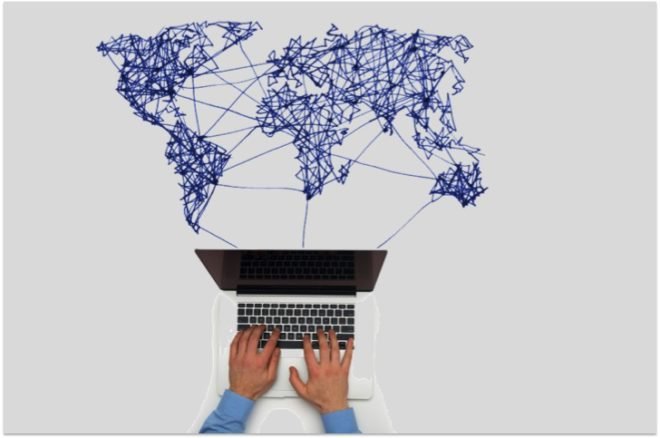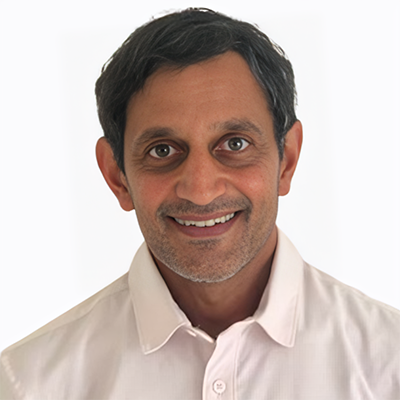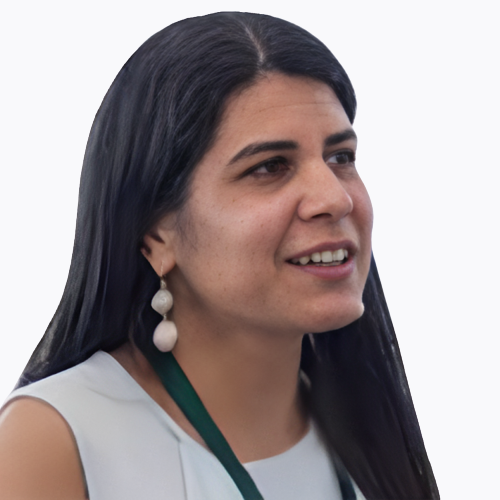With standardized metadata and EEG data formats, collaborations around the world can lead to large scale datasets and multidimensional insights into brain diversity.
With over 100 billion neurons, each with the ability to create thousands of interconnected synapses, the human brain is the most complex machine on Earth. Traditionally, neuroscientists have focused on inter-brain similarity, seeking out the commonalities among us, and the features that define us as human. Today, at the cutting edge we are asking different questions. Chief among them is what makes each of us different. While the gross features of structure and function of the human brain are genetically determined, its fine scale structure and dynamics evolve in response to our experiences. With the experience of life diverging across the planet, our brains may develop and manifest quite differently (see The Myth of the Average Brain).
Sapien Labs is pushing the envelope of diversity research. A first study, conducted with 400 participants across 48 places in India from tiny villages to cities, found wide differences in the EEG of the human brain that were linked to aspects of modernization. While these results point to potentially large divergence across human populations, to truly understand the dimensions of difference as well as their drivers requires very large size samples from across the globe with extensive metadata and data standards. Sapien Labs is therefore building a global network of collaborators in an attempt to dig deeper, uncover new dimensions of diversity, and question the inputs that make every human brain its own unique network.

With ongoing projects in India and the United States, the Brain Diversity Project recently kicked off in South America in partnership with the University of San Martin (UNSAM) in Buenos Aires, Argentina. The partnership envisions multiple research groups at UNSAM and beyond participating in different projects that are brought together under a common metadata framework and set of data standards that will allow analysis of datasets aggregated across research groups in many different ways. Dr. Nadia Justel a faculty member at the Center for Complex Systems and Brain Sciences leads the UNSAM Project and reports that the initiative which began with a public talk followed by workshops has created a steady, excited buzz at the University and beyond. People are interested in participating on many levels and a number of collaborative ideas have been proposed. Shoot-off areas of interest include looking at music training, emotional memory, alcoholism and childhood poverty as they relate to human brain diversity. The approach is cutting-edge and highly interdisciplinary. “It is one of the most interesting things about the project, to work with other areas of interest and try to get harmony together,” Dr. Justel explains. As the nodal Institution UNSAM will play a role in coordinating participation across various research groups both within and outside the University, enabling training and access to equipment and protocols as well as facilitating country wide IRB or ethics committee approvals for new projects.
Sapien Labs is just getting started and this is the first of many such Institution level partnerships in the works. As Dr. Thiagarajan reports: “These initial partnerships have demonstrated that there is a lot of interest from all different kinds of people in the human brain – not just researchers specifically specialized in neuroscience but people from diverse fields like engineering and anthropology and even doctors, pyschotherapists and counselors who are seeking tools to help them understand their patients better. Understanding of the human mind belongs to everyone and our goal is to enable people who come to questioning from various disciplines and skill sets to have the tools to collect high quality data and derive meaningful insights.”
The data collected by Brain Diversity sites will be available without cost on Sapien Lab’s data platform. The platform will come to include brain data from all corners of the Earth. Researchers from every field will be encouraged use this data to better understand the human brain. Early user collaborations, such as the South American site at UNSAM, are indispensable in creating a platform that is data rich and can lead to accessible and relevant insights for researchers worldwide.
Interested in becoming a brain diversity site? Let us know! Sapien Labs even provides equipment grants and support to Institutes in underrepresented countries.


















